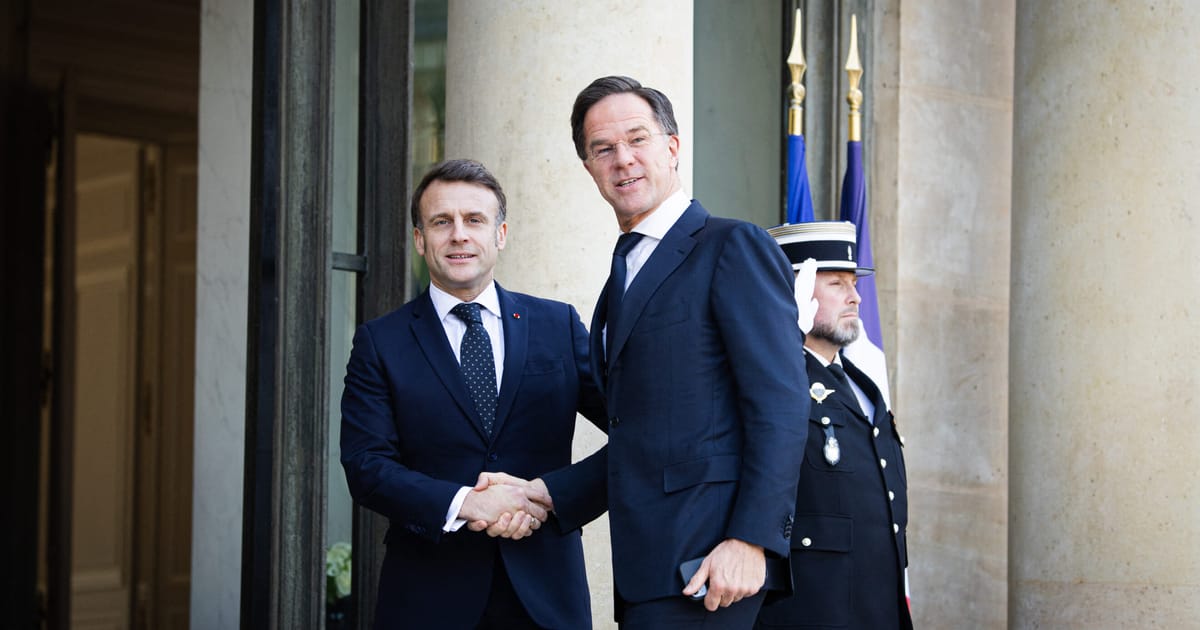
This week marked the formation of a new coalition, emerging from discussions at the Munich Security Conference. French President Emmanuel Macron extended an invitation to a select group of nations in Paris on Monday to analyze the ramifications of the United States’ growing affinity with Russia regarding the ongoing situation in Ukraine.
By Wednesday, this initial gathering—comprising the leaders of France, the United Kingdom, Poland, Germany, Italy, Spain, the Netherlands, and Denmark, alongside heads of NATO, the European Commission, and the Council—expanded to include 19 nations, with Canada joining the ranks. Notably, non-EU nations such as Norway and Iceland also participated in the discussions.
As the host of Wednesday’s meeting, Macron countered remarks made by Trump, emphasizing that Russia initiated the conflict rather than Ukraine’s President Zelenskyy as suggested. The French leader underlined the importance of Ukrainian participation in these discussions while affirming the necessity for security assurances for Kyiv.
Importantly, Macron pointed out that it is unacceptable for the U.S. and Russia to negotiate without involving European leaders. “The security concerns of Europeans must be taken into account,” he asserted.
Luuk van Middelaar, the founding director of the Brussels Institute for Geopolitics, remarked, “There’s an ideological aspect to this coalition, which has come together post-Munich. The discussions occurring just a week after the Trump-Putin phone call reflect the rapid changes unfolding globally.”
The attendee list primarily mirrors the memberships of NATO and the European Union, but with notable exceptions. The United States is not included, nor are Russia-aligned nations such as Hungary and Slovakia. Additionally, Turkey, although a NATO member, is absent from this coalition, with several analysts suggesting its inclusion in future dialogues could be beneficial.









